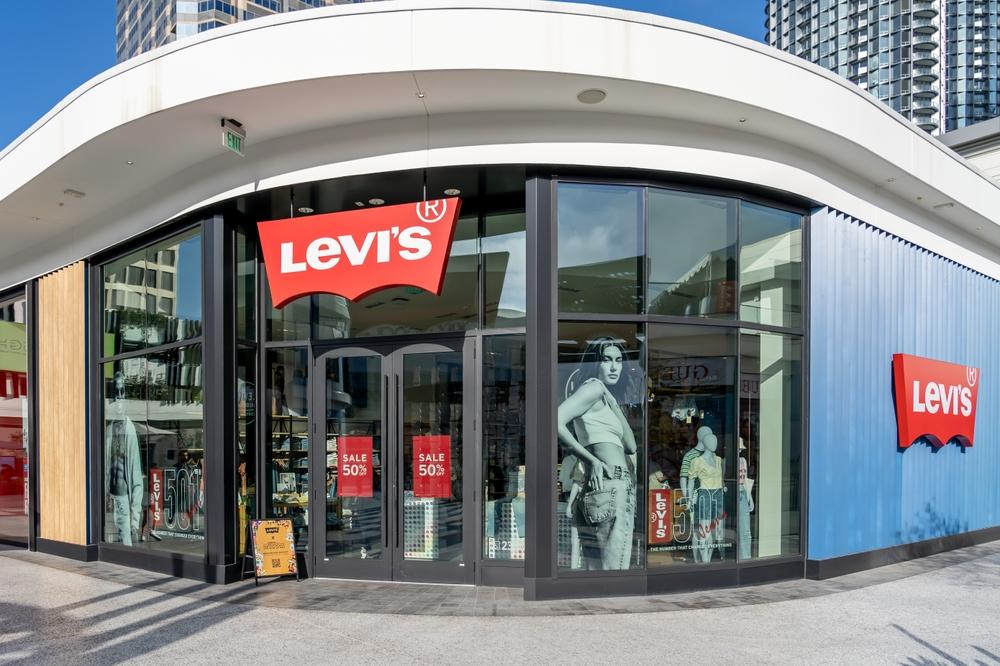NRF 2024: The most ‘influential’ brands and retailers
In a world of seemingly endless options, which brands and retailers have done the most to capture customer loyalty?
At the National Retail Federation (NRF) 2024 show in New York City, David Roth, CEO of The Store WPP, a division of brand analytics platform BAV, detailed the brands and retailers that have developed the largest bases of loyal customers based on proprietary data. He argued that a brand or retailer’s influence and resonance with shoppers can outweigh tangible assets in terms of overall valuation.
“We believe that influence is a key component of what makes up that brand assets,” said Roth. “The greater influence you have, the greater ability that you've got to grow your overall shareholder value. So let's stop looking at building brands and building influence as a cost of the organization, but let's look at how it [influence] has the capacity to be an investment and drive shareholder value.”
Roth said that nine attributes drive a brand or retailer's influence: innovation, status, trust, purpose, performance, authenticity, convenience, fun and contemporary. Achieving all nine attributes is impossible, he said, but if a brand can hit two or three, they can significantly boost their connection with consumers.
“Owning two or three is your rocket fuel to consumer loyalty, increased consumer spending and superior shareholder returns,” said Roth. “Home Depot owns trust and convenience. Whole Foods, the area that they own is around purpose and innovation. Trader Joe’s, purpose and authenticity/ Sephora, status and contemporary.”
The 20 most influential retailers across all categories in North America, according to BAV’s influence report, are:
- Kohler
- Amazon
- Disney
- Apple
- Trader Joe’s
- Timberland
- Barnes & Noble
- Hobby Lobby
- Sleep Number
- Build-A-Bear Workshop
- Levi’s
- Carhartt
- The North Face
- Nike
- Swarovski
- Etsy
- Coach
- Movado
- Fenty Beauty
- Costco
The 10 most influential brands across all categories in the world, according to BAV’s influence report, are:
- YouTube
- Apple
- Amazon
- Lego
- National Geographic
- Tesla
- Cirque De Soleil
Roth concluded with six lessons for how brands and retailers can drive influence: view and influence as a catalyst for growth, there’s no single route to influence, nurture influence by starting with what consumers already feel, make ‘1+1=3’ by gaining a secondary attribute, adapt to each market with global consistency, and celebrate your influence but know the clock is ticking.
“Multiple strengths supercharge influence,” said Roth. “Brands operate not just in the context of their categories, but really importantly, brands operate in the context of culture. We're so narrowly-focused on the brands that we think are our competitors in our narrowly defined categories. Category boundaries are being torn down at a vigorous rate as brands and consumers stop looking at things from a category perspective and look at things in terms of brand and culture.”




